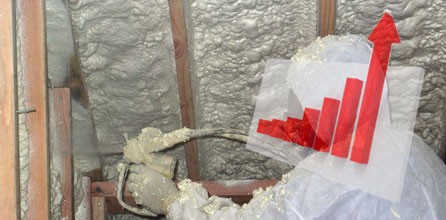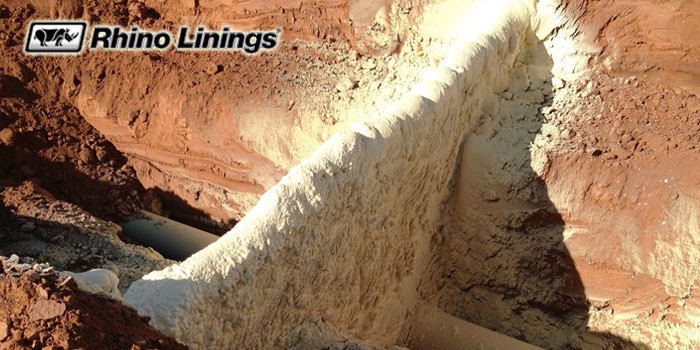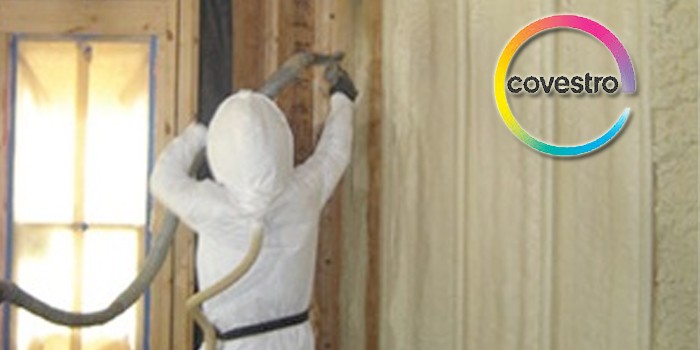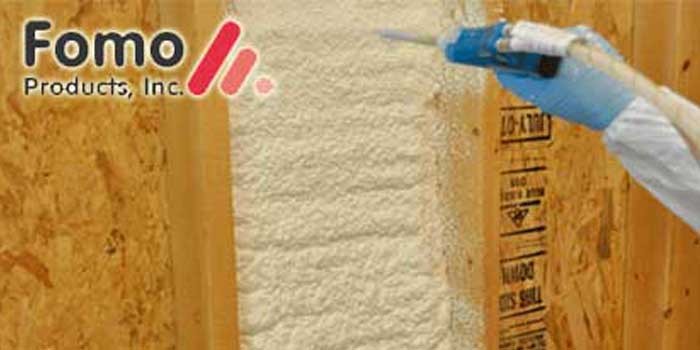
Macsimum Ventures' Thacker Touts Spray Foam's Environmental, Efficiency Benefits
BRIELLE, NJ - May 19, 2011 - Homeowners looking to cut electricity costs are increasingly performing energy audits to determine what areas of their houses can be improved to boost efficiency. Often, they turn toward spray foam contractors to fill in the cracks and holes through which hot and cold air leak.
With 20 years of experience working with spray foam, Dave Thacker of Macsimum Ventures is a venerable industry expert. Thacker first heard of spray foam in 1991 during the construction of a steel framed home when he saw a blurb from Icynene; he later become the company's 40th contractor.
Thacker asserts that spray foam is a superior product to standard insulation methods like fiberglass, cellulose and mineral wool because of the energy savings it helps homeowners achieve and its minimal environmental impact. Further, it improves indoor air quality, making it "a far superior product," he said during an interview.
Though he sold his spray foam business a little while ago, Thacker now specializes in the development of tools that make "insulating with foam a much better process."
Using more efficient tools enable workers to quickly apply spray foam, Thacker contends. "How long it takes to insulate a home depends on quite a number of factors," he said. "The average 2,000-square-foot ranch style home can easily be spray insulated in a day, with a three-man crew, using open cell foam."
Illustrating its many uses, Thacker cites the Space Shuttle as an example of a technology that has benefited from spray foam. "Look at the Space Shuttle," Thacker says. "It could never have ever gotten off the ground without it."
Businesses and homes that are insulated using spray foam feel quite different from their traditionally insulated counterparts, Thacker contends. Aside from spray foam's ability to cut energy costs and improve efficiency, it also produces immediate results that are easily felt.
"Imagine walking into a very packed, very noisy gymnasium," Thacker conjectured. "Then imagine taking that same walk into a small walk-in cooler and closing the door behind you. The sound difference between the two spaces is much like walking into a large empty shell of a structure with no insulation. Then feeling and hearing the difference once the entire envelope has been sprayed with foam - it is almost eerily quiet."
Ultimately, Thacker ascribes to an old industry axiom: "Insulate tight, ventilate right, then you will have a healthier, more comfortable, better built home."












